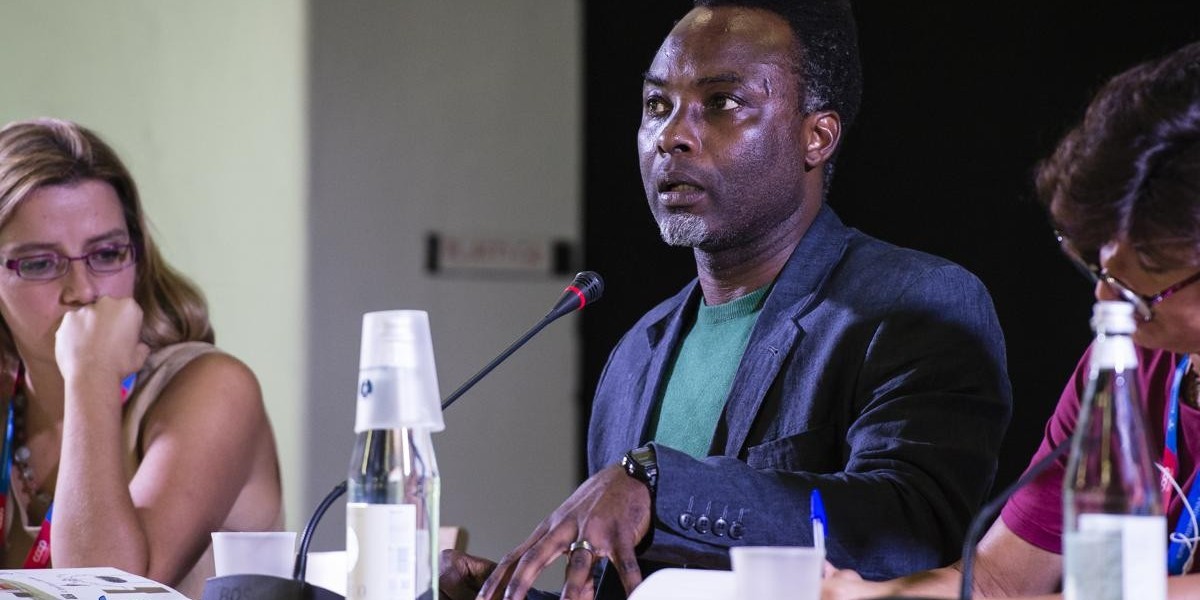
Where there is a majority, there is always a minority
Other worlds, other borders. Many of the authors at this year’s Festival take the public on a tour around the world to examine issues from faraway places but which are closer to home that they may first seem.
“I do not give answers to questions, I like riddles. Answers are contained within the questions we ask ourselves.”
Questions serve as the genesis for the stories and novels of A. Igoni Barrett, a Nigerian author who in 2005 made his debut with the collection of stories From Caves of Rotten Teeth, including The Phoenix, winner of the BBC World Service short story competition. With Love is Power, Or Something Like That and Blackass, his first novel, Igoni Barrett made his mark on world literature.
Aware of the very important role that an intellectual can play in society, Igoni Barret agrees to lend his voice to represent it, writing about real albeit far-fetched situations and addressing issues that touch everyone. The ambition is to give voices to opinions that push humanity towards a better world. Political activism in writing is not unusual to Nigerian writers, as evidenced by Wole Soyinka, Nobel Prize winner for literature, arrested for taking a stand against the regime in the 1960s.
In the short story collection Love is Power, Or Something Like That, the author gives examples of love in situations where we least expect it, looking at them from both sides of a telescope. The impossibility of providing a unitary description of this feeling emerges. Love has always presented itself as one of our most mysterious experiences, since it is not possible to consider our emotions as superior or of greater importance than those of others.
Blackass may initially seem like a book on racism, in which the protagonist Furo Wariboko, a 33-year-old Nigerian man, wakes up and finds himself victim of an inexplicable metamorphosis, leaving him completely white, with the exception of his backside, which remains “robustly black.” There is an explicit reference to Kafka’s Gregor Samsa which turns into an insect, but there is an important difference between the two stories. Why live indoors as an insect when you can go out and become king of the insects? This is the question that pushes Furo to face the sparkling city of Lagos, soon realising that having white skin can have some advantages. This is where the question of race is eclipsed by the question of privilege; it is only when Furo is part of the white minority that he is in a position to enjoy greater privileges in the majority black society.
For those who want to follow this series of events, Festivaletteratura suggests:
Event 46 "Vivere e morire in America" - Event 59 “Radici” - Event 76 “Neri corvi sui rami del Medioriente” - Event 81 “Benvenuti a Grouse County” - Event 170 “Lo Stato dall’erba blu” - Event 180 “Le vere ricchezze” - Event 199 ”Il frutto unificatore”.



